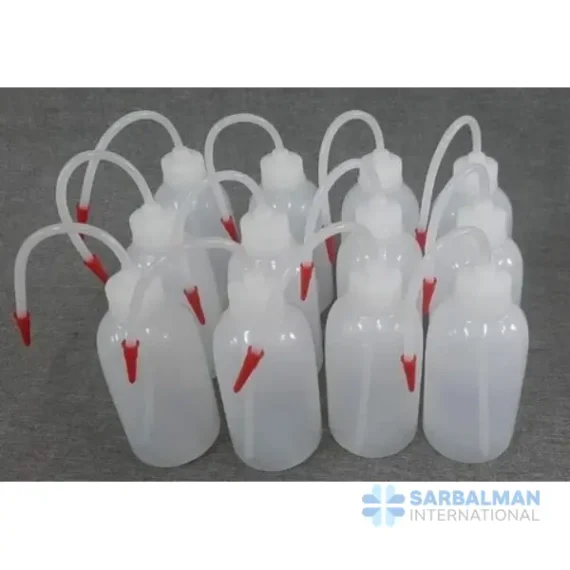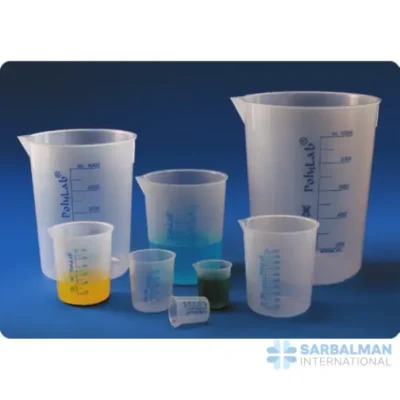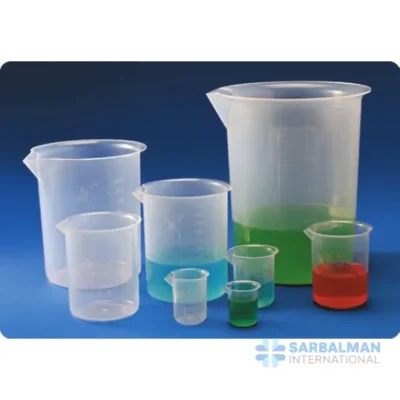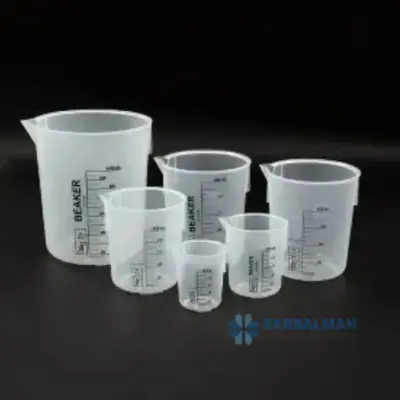Wash Bottle (Polyethylene)
Free!
A polyethylene wash bottle is a squeezable lab bottle with an angled spout for precise rinsing and fluid delivery. It’s shatter-safe, lightweight, and resistant to many routine reagents, making bench tasks faster and cleaner. Use it for washing glassware, dispensing distilled water, or wetting filters with one-handed control. Choose it to reduce spills, cut waste, and upgrade everyday lab workflow with simple, reliable handling.
Description
A polyethylene wash bottle is a flexible, squeezable lab bottle used to dispense a controlled stream of liquid exactly where it’s needed. The body is typically made from LDPE or HDPE for toughness and chemical resistance, paired with a screw cap and angled dispensing tube for one-handed operation. The design prevents backflow, protects contents from dust, and gives you clean, directed rinsing without lifting a beaker or using a pipette.
Key features and benefits:
• Precision dispensing: angled spout delivers a steady, targeted stream for washing glassware, filling cuvettes, or moistening filters.
• Durable polyethylene: shatter-safe, lightweight, and resistant to common aqueous solutions and many lab reagents.
• Squeeze control: variable pressure enables droplets to steady jets, improving accuracy and reducing waste.
• Leak-resistant cap: minimizes spills during bench work and transport.
• Writable, color-coded options: clear labeling helps prevent mix-ups and supports good lab practice.
• Easy maintenance: smooth interior and exterior surfaces clean quickly between uses.
Common use cases and industries:
• Rinsing glassware, delivering distilled or deionized water, and washing residues from walls of flasks or funnels.
• Preparing chromatography plates, rehydrating gels, and wetting filter papers in research, QC, and teaching labs.
• Sample prep and cleaning tasks in pharmaceutical, food, environmental, and material-testing facilities.
Comparison guidance:
• Versus glass squeeze bottles: polyethylene won’t shatter, is lighter, and is safer for busy benches.
• Versus pump dispensers: wash bottles offer finer flow control and better reach inside vessels.
• Versus rigid plastic bottles: squeezable walls allow one-handed metering without additional tools.
Quality and compliance notes:
• Available in labeled variants for common contents (e.g., water, acetone) to support hazard communication policies; always match labeling to actual contents.
• Polyethylene is not suitable for all solvents or for open-flame heating; verify chemical compatibility with your process and follow local lab safety requirements.







